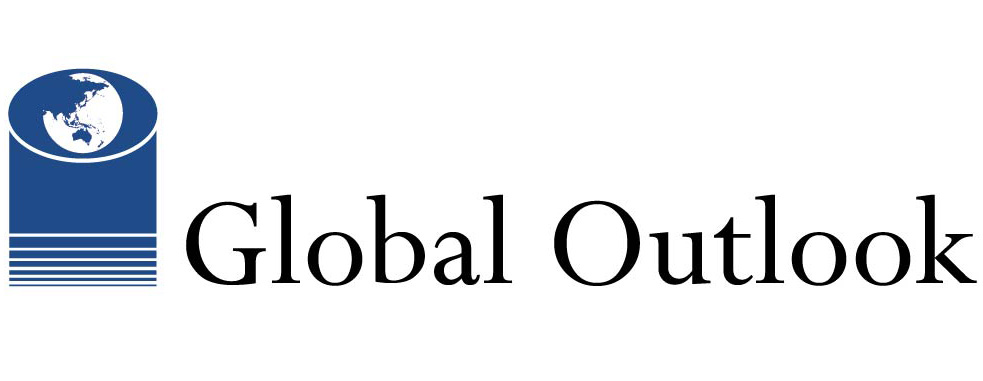
Curated expert opinion on intractable contemporary issues
Global Outlook: Social Media, Technology and Peacebuilding
When Algorithms Rewrite History: Governing the Digital Erosion of Democratic Memory
By Jordan Ryan | 06 December, 2025
As Spain marked the fiftieth anniversary of Francisco Franco’s death in November 2025, the country’s reckoning with its past collided with social media platforms amplifying distorted versions of the dictatorship to millions of young Spaniards.
To see the full list of Global Outlook articles, click here
Social Media Can Support or Undermine Democracy – It Comes Down to How It’s Designed
By Lisa Schirch | 09 July, 2025
Every design choice that social media platforms make nudges users toward certain actions, values and emotional states. Platform design is a silent pilot steering human behaviour.
Rethinking Digital Platform Design: A Systems Approach
By Lisa Schirch | 29 May, 2025
In 2025, we stand at a crossroads in the digital era. Our platforms have become the new public squares, but rather than fostering democracy and dignity, many are optimized for manipulation, division, and profit.
How Technology Can Build Trust in the Israeli-Palestinian Context
By Adnan Jaber | 10 January, 2025
A peacetech ecosystem is emerging in Israel and Palestine to leverage the power of technology, particularly artificial intelligence (AI), to build bridges between communities and promote peacebuilding efforts.
Religion and AI Ethics for Peace
By Lisa Schirch | 18 September, 2024
AI offers blessings and burdens that can foster peace and democracy or fuel violence, inequality, polarization, and authoritarianism. Religious ethics have something to offer.
Artificial Intelligence Is a Threat to Society
By Don Byrd | 23 November, 2023
Many things that AI is being used for now or is likely to be used for soon bother me. Some actually scare me, and I hope they scare you!
The views and opinions expressed in Global Outlook are those of the authors and do not necessarily reflect the official policy or position of Toda Peace Institute.
When Algorithms Rewrite History: Governing the Digital Erosion of Democratic Memory
By Jordan Ryan | 06 December, 2025
As Spain marked the fiftieth anniversary of Francisco Franco’s death in November 2025, the country’s reckoning with its past collided with social media platforms amplifying distorted versions of the dictatorship to millions of young Spaniards.
To see the full list of Global Outlook articles, click here
Social Media Can Support or Undermine Democracy – It Comes Down to How It’s Designed
By Lisa Schirch | 09 July, 2025
Every design choice that social media platforms make nudges users toward certain actions, values and emotional states. Platform design is a silent pilot steering human behaviour.
Rethinking Digital Platform Design: A Systems Approach
By Lisa Schirch | 29 May, 2025
In 2025, we stand at a crossroads in the digital era. Our platforms have become the new public squares, but rather than fostering democracy and dignity, many are optimized for manipulation, division, and profit.
How Technology Can Build Trust in the Israeli-Palestinian Context
By Adnan Jaber | 10 January, 2025
A peacetech ecosystem is emerging in Israel and Palestine to leverage the power of technology, particularly artificial intelligence (AI), to build bridges between communities and promote peacebuilding efforts.
Religion and AI Ethics for Peace
By Lisa Schirch | 18 September, 2024
AI offers blessings and burdens that can foster peace and democracy or fuel violence, inequality, polarization, and authoritarianism. Religious ethics have something to offer.
Artificial Intelligence Is a Threat to Society
By Don Byrd | 23 November, 2023
Many things that AI is being used for now or is likely to be used for soon bother me. Some actually scare me, and I hope they scare you!
The views and opinions expressed in Global Outlook are those of the authors and do not necessarily reflect the official policy or position of Toda Peace Institute.





